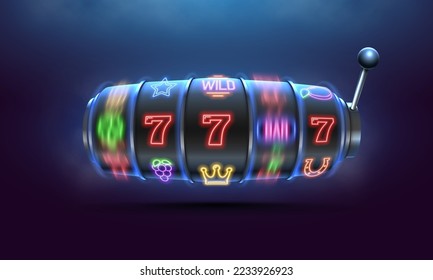
A slot is a narrow opening into which something else can be fitted. The phrase is derived from the Latin word for “narrow,” from its earlier meaning of “a hole in a door or window,” ultimately from Proto-Germanic *slutila (source also of Middle Dutch sluiten, Old Frisian sluzzil, German Schloss “bolt, bar, lock, castle”). A slot machine is an electronic device that accepts cash or paper tickets with a cash value, and spins reels to rearrange symbols according to a paytable. It can be activated by a button or lever, either physical or on a touchscreen. A winning combination is awarded credits based on the type and number of matching symbols. Typically, slots are themed, and their symbols are stylized objects such as fruits, bells, or stylized lucky sevens.
Many modern online slots have multiple pay lines and a variety of different symbols. This can make it hard to keep track of everything at once, so it’s helpful to have a good understanding of the game’s pay table. These information tables can usually be accessed by clicking an icon near the bottom of the game screen.
One of the most important skills that slot games can teach you is how to manage your bankroll. It is essential to set a budget before you begin playing, and stick to it. This will help you avoid losing more money than you can afford to lose, and it will also encourage you to play responsibly.

